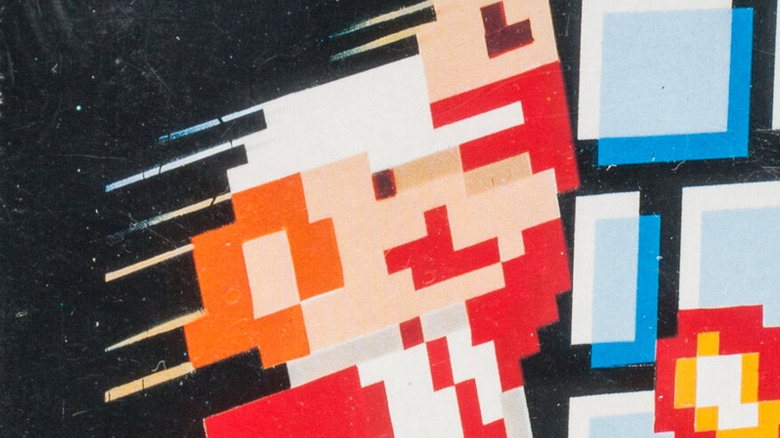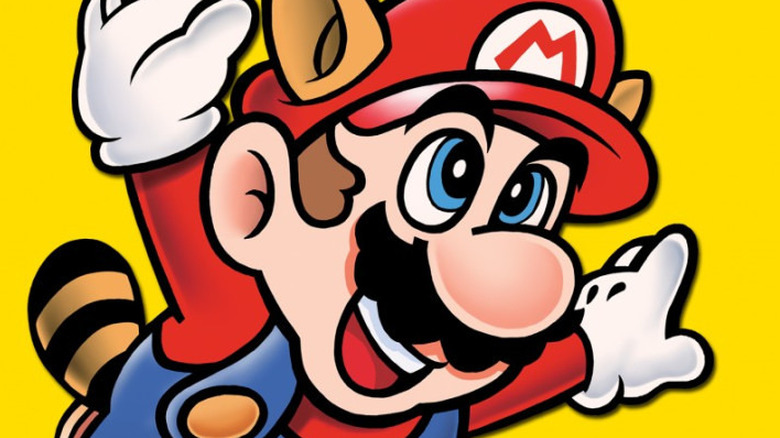Those Valuable Video Game Auctions Might Not Be What You Think
Collectible video game auctions have gone completely out of control and it seems like it could be due to fraud. Over the past year, the record for the highest price for a single video game has been beaten several times over. In April, a copy of "Super Mario Bros." sold for a record-breaking $660,000, followed by a copy of a rare "The Legend of Zelda," game which sold for $870,000. A copy of "Super Mario 64" set another record in July, and in August another copy of "Super Mario Bros." sold for $2 million. While there have always been video games worth more than the average car, things have gotten out of hand.
Speedrunner and YouTuber Karl Jobst posted a video alleging that these record prices were not because of the increased value of the games themselves, but something more sinister. Jobst claimed that Wata, the video game grading company, and Heritage auctions, where many of these games have been sold, artificially inflated the price of retro video games. The reason this connection exists is that when Heritage Auction began selling video games in 2019, it only sold games graded by Wata, despite Wata only being founded in 2017. However, the full conspiracy goes even deeper.
Buying their own games at high prices
According to Jobst, the current retro video game bubble began in February 2019 when a sealed copy of "Super Mario Bros." sold for $100,000. The previous highest price for that game had been $30,000 in 2017. The $100,000 copy was purchased by three people, Jim Halperin, the founder and chairman of Heritage Auctions, Zac Gieg, the owner of a retro video game store that also sold Wata-certified games, and Rich Lecce, a video game collector.
The issue here is that Heritage Auctions released a press release about the sale to let people know that a record had been broken, but Jobst found it suspicious that one of the buyers was the founder of Heritage Auctions. Within the press release, the founder of Wata games stated that Wata-certified games had been selling at six-figure asking prices, despite games usually topping out at about five figures — something Jobst believes is market manipulation.
Jobst's video is nearly an hour-long, diving deep into the alleged fraud. The companies involved have issued statements to VGC, denying the allegation of fraud. In short, Jobst believes that the companies involved have been artificially raising the prices of games and rating them higher than they should be, in order to sell retro games for much more than they are worth.
Update: Wata Games has reached out to SVG with a statement regarding Karl Jobst's claims: "Wata Games is the trusted leader in collectible video game grading and we're honored to play a key role in this booming industry that we are incredibly passionate about. We're humbled by the support of our thousands of customers who trust us to provide accurate and transparent grading. The claims in this video are completely baseless and defamatory and it is unfortunate that Mr. Jobst did not contact us to give us the opportunity to correct him."


